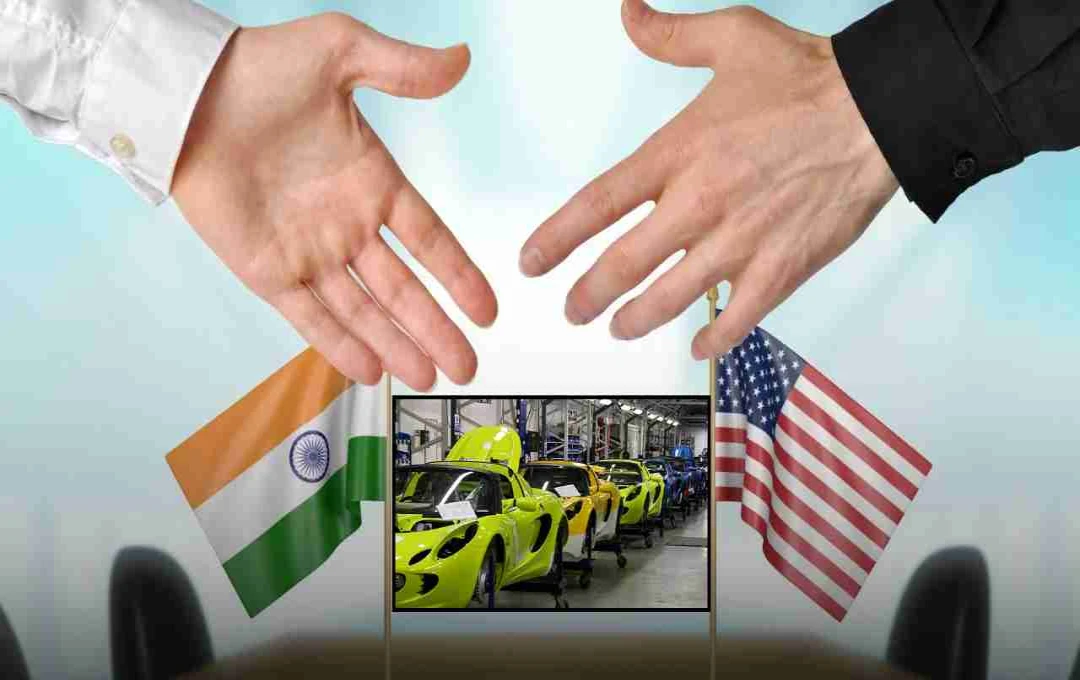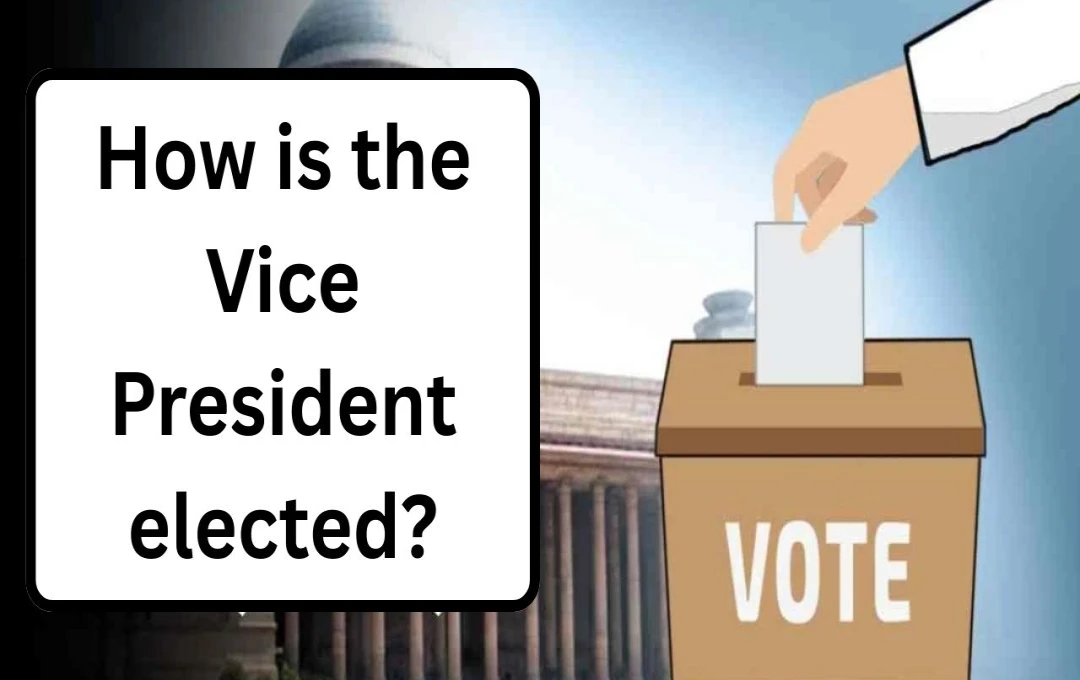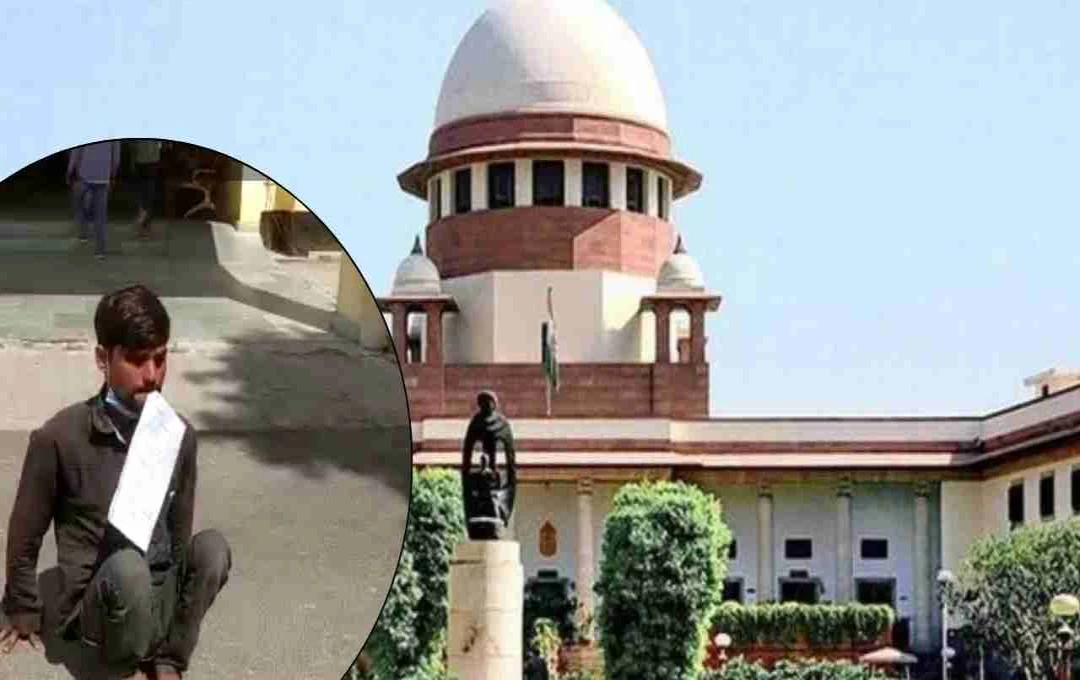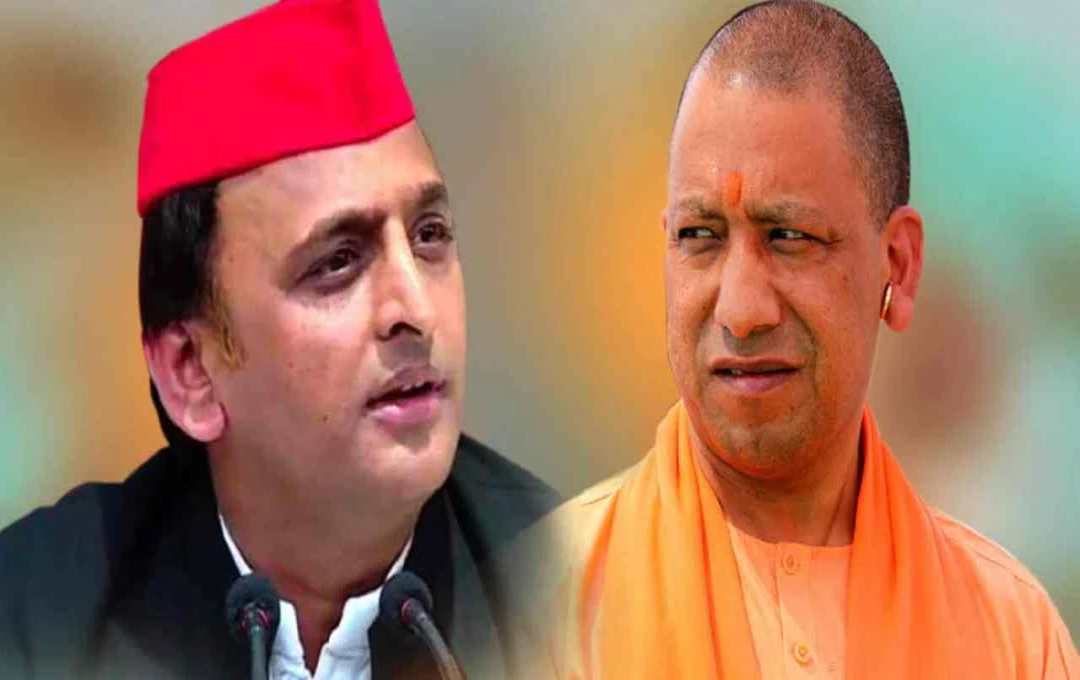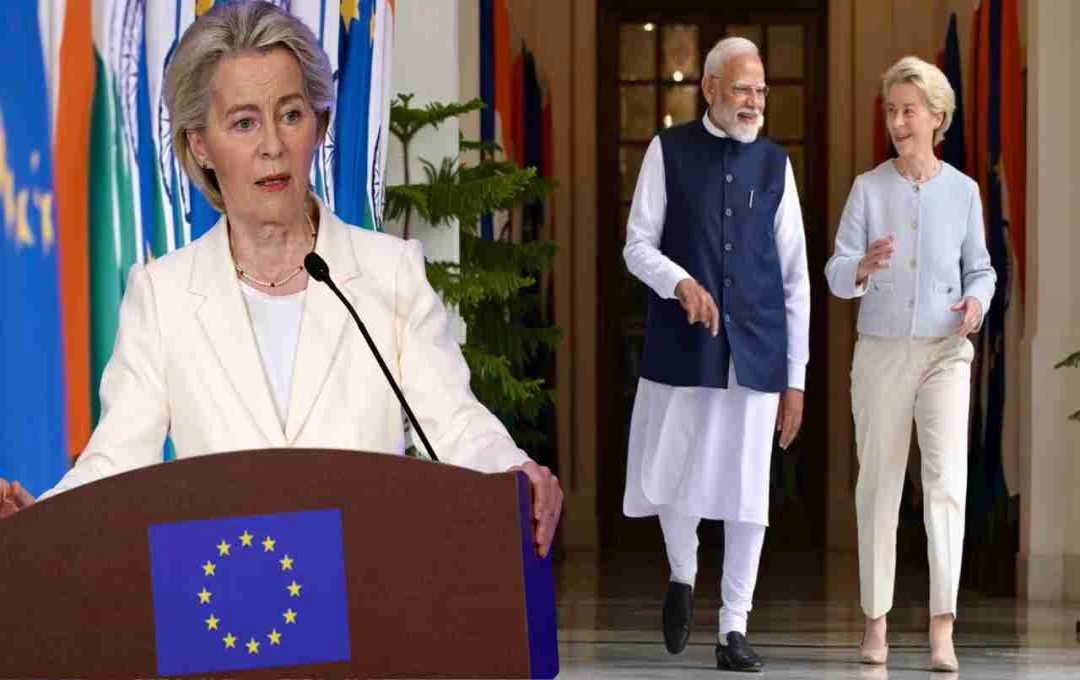India has once again raised the issue of heavy tariffs imposed by the United States on motor vehicles and their components before the World Trade Organization (WTO). India has clearly stated that the 25% tariffs imposed by the United States are not a safeguard measure, but a direct attack on trade that is harming Indian industries. India has also said that it reserves the right to impose retaliatory tariffs in response to these tariffs.
US Counter-Argument: India Has No Right
The United States has completely rejected India's claim. The United States has stated clearly that India does not have the right to take any retaliatory action in response to these tariffs. The United States has informed the WTO that this 25% import duty has been imposed under 'national security', and does not fall under the category of WTO's safeguard measures. Therefore, India's claim is technically incorrect.
US Presents Its Case at WTO
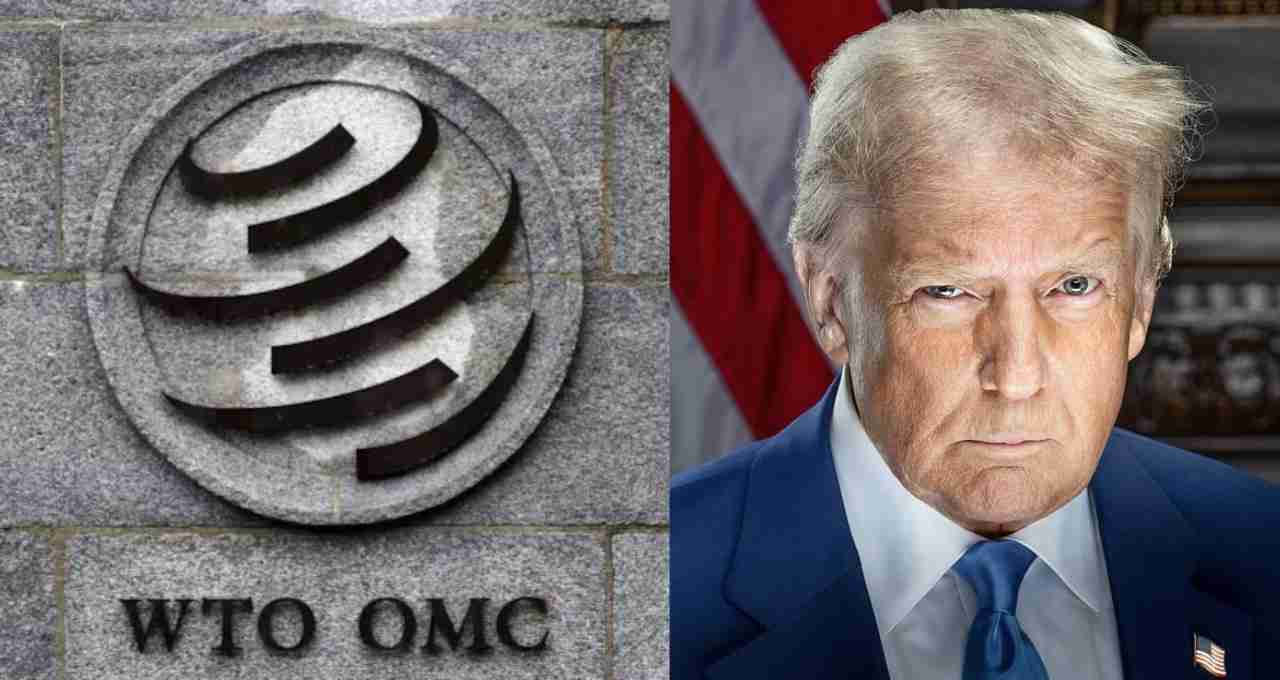
On July 17, the World Trade Organization issued an official message, prepared at the request of the US delegation. It stated, "The tariffs imposed by the United States are not WTO 'safeguard measures', therefore India does not have the right to suspend any trade concessions in response to these tariffs."
The statement also added that the United States considers these tariffs to be in the interest of national security under 'Section 232' and cannot be considered under the WTO's Safeguard Agreement.
India Has Signaled Retaliatory Tariffs Before
This is not the first time that India has objected to US tariffs. Previously, in 2019, India imposed retaliatory duties on several US products in response to US tariffs on steel and aluminum. At that time, India increased tariffs on almonds, apples, walnuts, and some chemicals.
However, in the current case, India has not yet indicated which US products it plans to impose retaliatory tariffs on.
US Argues National Security Issue
The United States has consistently reiterated that the tariff imposed on motor vehicles and their parts is a matter related to the country's 'national security'. This decision was taken during the tenure of US President Donald Trump, and the rationale behind it was that the large volume of imports of vehicles and their components from abroad was weakening the US auto industry and its associated supply chain.
Therefore, the United States considered it necessary to control them by imposing tariffs.
India's Objection: Rules Being Violated
India's position is that this step by the United States is a direct violation of WTO rules. India says that if a country implements a 'safeguard measure', it has to inform the other member countries under a fixed procedure of the WTO and negotiate with them. But the United States did not do any of this and directly implemented the tariffs.
India is citing the WTO's Safeguard Agreement in this matter, saying that the United States has ignored its international responsibilities.
US Says India Has Not Fulfilled Responsibilities
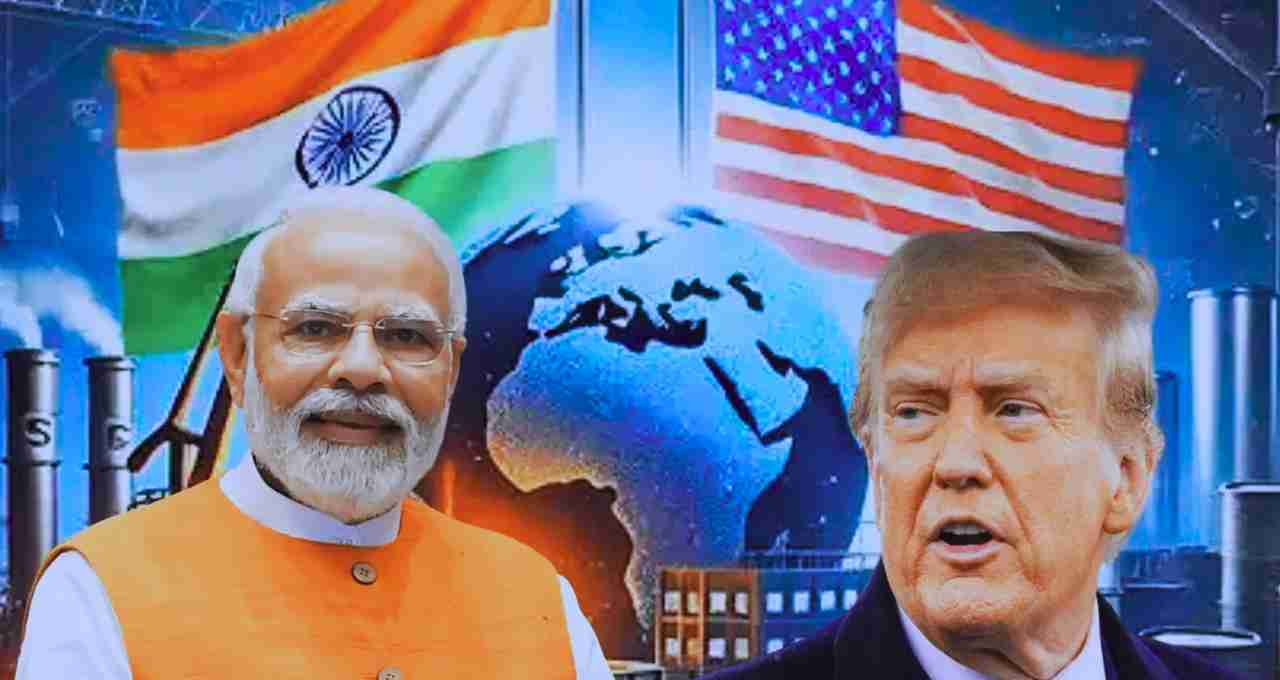
At the WTO, the United States also alleged that India itself is not fulfilling its responsibilities under the Safeguard Agreement. The US side says that India has not yet provided any clear information nor shared the list of products on which it plans to impose retaliatory tariffs.
The United States also said that it will not be part of any multilateral talks on this issue under 'Section 232', because it does not consider it to be part of the WTO's safeguard framework.
2019 Situation Could Be Repeated
If India decides to impose retaliatory tariffs against the United States, a scenario similar to 2019 could arise. Even then, India had retaliated against the tariff measures taken by the United States.
Although this time India has not publicly shared any list at that level so far, there is intense discussion in trade circles that India may target US products such as almonds, wine, hardware, and chemicals.
What Will Be the Next Step, Focus on WTO
Now all eyes are on the World Trade Organization to see how it resolves this dispute. Because the matter has become technical as well as political.
Both countries have tough stances and there seems little chance of anyone relenting. In such a situation, this trade dispute may deepen in the coming months.
